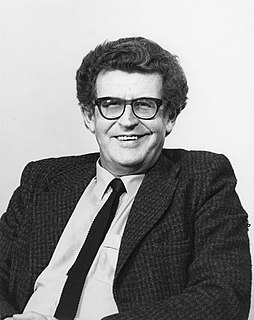A Quote by Virginia Postrel
With its fluctuating forms and needless decoration, fashion epitomizes the supposedly unproductive waste that inspired 20th-century technocrats to dream of central planning. It exists for no good reason. But that's practically a definition of art.
Related Quotes
I just walk how I walk. But I am also really inspired by the physical drama in silent films from the beginning of the 20th century - it's ice cold and unreachable, like the stare of a sniper! I guess this look is something new that I brought into the world of fashion: a dark and dramatic, 19th century Russian literature and drama inspired look.
When I first started to do fashion shows I didn't have the budget to hire top models so I would cast women who inspired me, and ask them to walk how they walked. I was doing a mise en scène, which for me was normal. I love for people to see my clothes, but it was more about the attitude of the girls. The revues of the late 19th century/early 20th century were very much a reflection of what was happening in society and politics, and for me that is also the role of the fashion designer.
D-Day represents the greatest achievement of the american people and system in the 20th century. It was the pivot point of the 20th century. It was the day on which the decision was made as to who was going to rule in this world in the second half of the 20th century. Is it going to be Nazism, is it going to be communism, or are the democracies going to prevail?
If the central contest of the twentieth century has pitted capitalism against socialism, then F. A. Hayek has been its central figure. He helped us to understand why capitalism won by a knockout. It was Hayek who elaborated the basic argument demonstrating that central planning was nothing else but an impoverishing fantasy.
I was really interested in 20th century communalism and alternative communities, the boom of communes in the 60s and 70s. That led me back to the 19th century. I was shocked to find what I would describe as far more utopian ideas in the 19th century than in the 20th century. Not only were the ideas so extreme, but surprising people were adopting them.






































